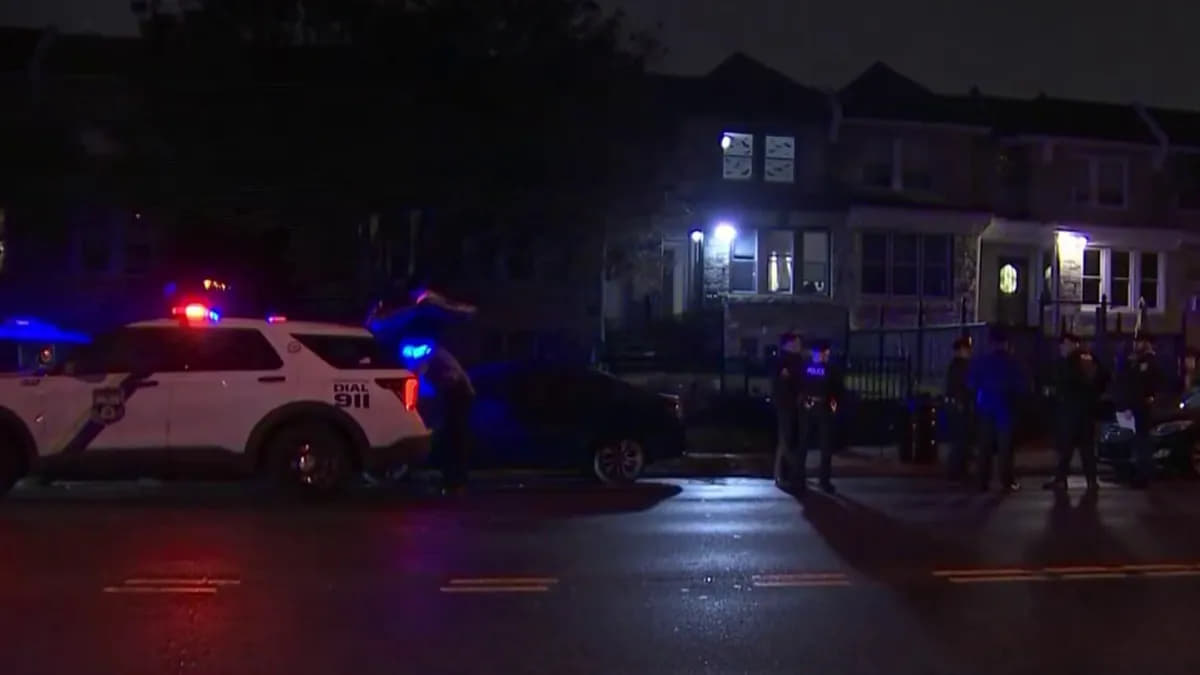If a tenant decides to move out of a rental property without paying rent owed, there can be serious legal and financial consequences. The lease agreement signed by both the tenant and landlord outlines each party's responsibilities, and failing to pay rent as required is a breach of that contract.
In this article, we will explore what commonly occurs if a tenant does not fulfill their rent obligation and vacates the rental early.
What happens if you don’t pay rent and move out?
If a tenant does not pay rent and moves out of a property, the landlord has several options to recover the owed money. They can file an eviction lawsuit in court to remove the tenant from possession of the property and recoup back rent and fees.
The landlord may also sue the tenant in small claims court for the dollar amount owed, or hand the unpaid debt to a collections agency to pursue payment on their behalf. Not fulfilling the lease can negatively impact a tenant's ability to rent in the future, as evictions and unpaid debt are reported on credit reports for years.
What are the legal ramifications of not paying rent and moving out?

Tenants who do not pay rent and vacate early face potential legal action from their landlord. The lease agreement signed at the beginning of the rental period is a legally binding contract that outlines both parties' obligations. If a tenant breaks this contract by not paying rent, landlords can start eviction proceedings in court to remove the tenant from possession of the property.
Landlords must follow proper legal protocol, including serving required notices, before evicting a tenant or filing a lawsuit against them for unpaid rent and fees.
Related: What Happens If A Life Tenant Moves Out?
What is the role of the lease agreement?
When renting a property, both the tenant and landlord sign a lease agreement that spells out the exact terms of the rental. This includes details like the monthly rental rate, how much notice is required for termination, and responsibilities for repairs and utilities.
As part of this contract, the tenant agrees to pay rent on time each month for the duration of their tenancy. Violating this obligation gives the landlord legal grounds to sue for unpaid rent or evict the tenant from the property.
What are a landlord's options for taking legal action?
If a tenant does not pay rent and moves out, landlords have three main options to recoup what they are owed. First, they can file an eviction lawsuit in court to remove the tenant from possession of the property. Second, they may sue the tenant directly in small claims court for the dollar amount owed.
Third, landlords have the choice to forward the unpaid debt to a collections agency, which will then pursue payment from the tenant on the landlord's behalf. Each action makes it difficult for the tenant to rent another property in the future.
What does the eviction process entail?
One legal approach a landlord can take is to start an eviction lawsuit if a tenant breaks the lease by not paying rent and vacating early. As part of due process, the landlord must serve the tenant with written notice informing them of the amount owed and demanding payment by a certain deadline.
If the tenant does not pay within this period, the landlord can file an eviction case. The tenant will receive a court summons and must appear for a hearing. If ruled against, an eviction order will be awarded forcing the tenant to leave along with missed rent and fees paid.
What are the financial consequences of defaulting on rent and moving out?
The financial toll of not paying rent and vacating a rental property prematurely can be long-lasting for a tenant. On top of owing the landlord back rent, fees, and potential damages, credit reports and rental history can be negatively impacted for seven years or more.
This derogatory information makes securing new housing and loans difficult going forward. Wages may also be garnished or bank accounts levied through legal channels to collect unpaid debt and judgments.
What actions can a collection agency take?
If a landlord uses a collection agency to recoup unpaid rent and fees, the agency will make various attempts to directly contact the tenant, usually through phone calls, letters, or electronic means. The goal is to negotiate a payment plan to settle the outstanding balance.
If no arrangement can be reached, the agency is within their rights to pursue legal means, such as filing in small claims court, to get a judgment against the tenant. From there, they may look to garnish wages or levy bank accounts to collect what is owed plus additional fees and interest penalties. Any of these actions further derail a tenant's financial standing and creditworthiness.
Conclusion
In summary, failing to pay rent and prematurely vacating a rental property signed under lease has serious legal and financial implications for a tenant. Landlords have numerous avenues to recover costs owed and hold violators accountable through the courts. An eviction, bad debt, or damaged credit rating can make securing future housing and loans difficult for several years.





